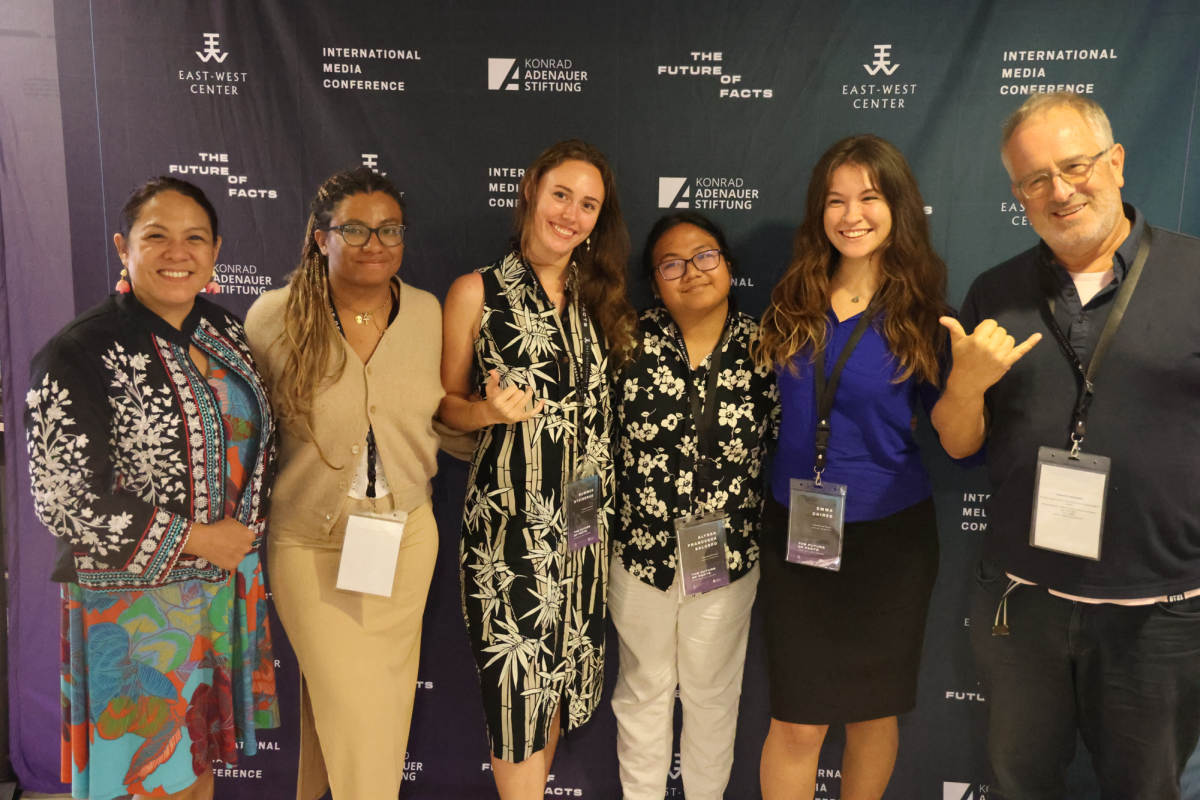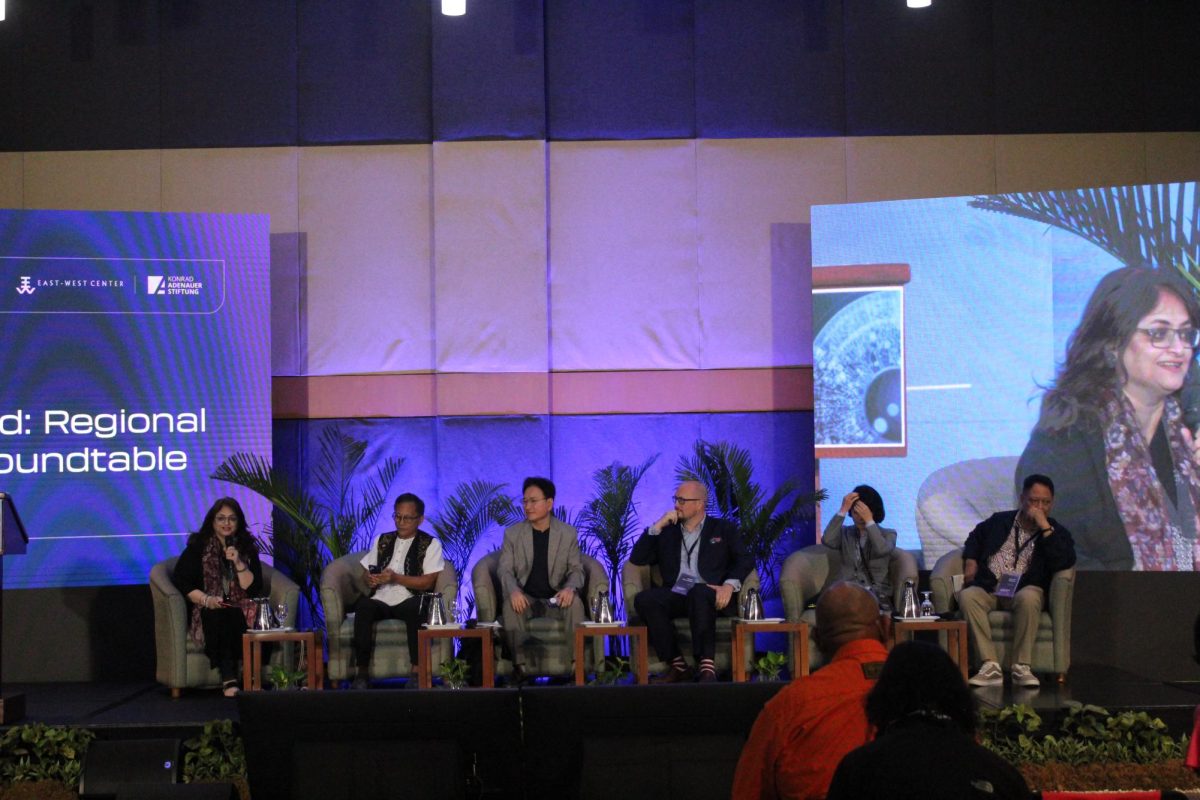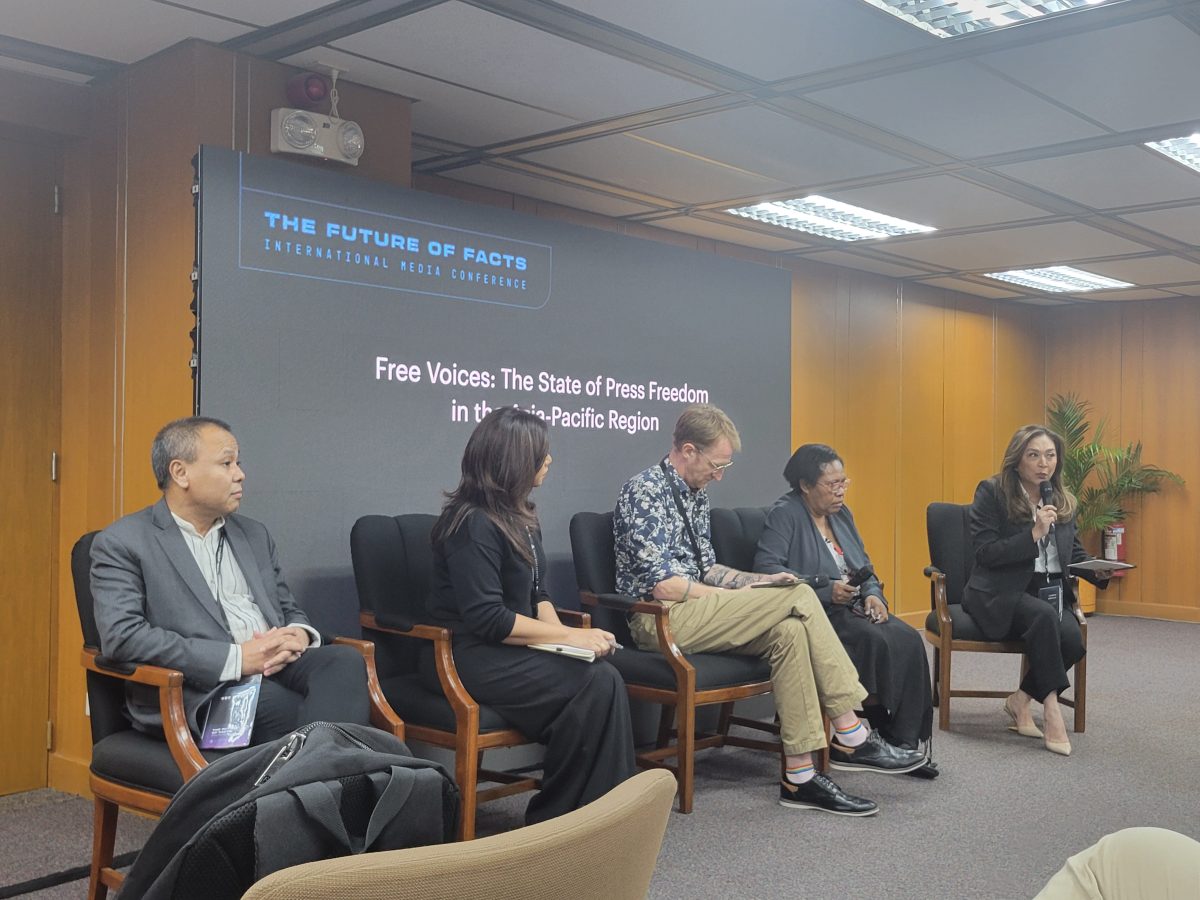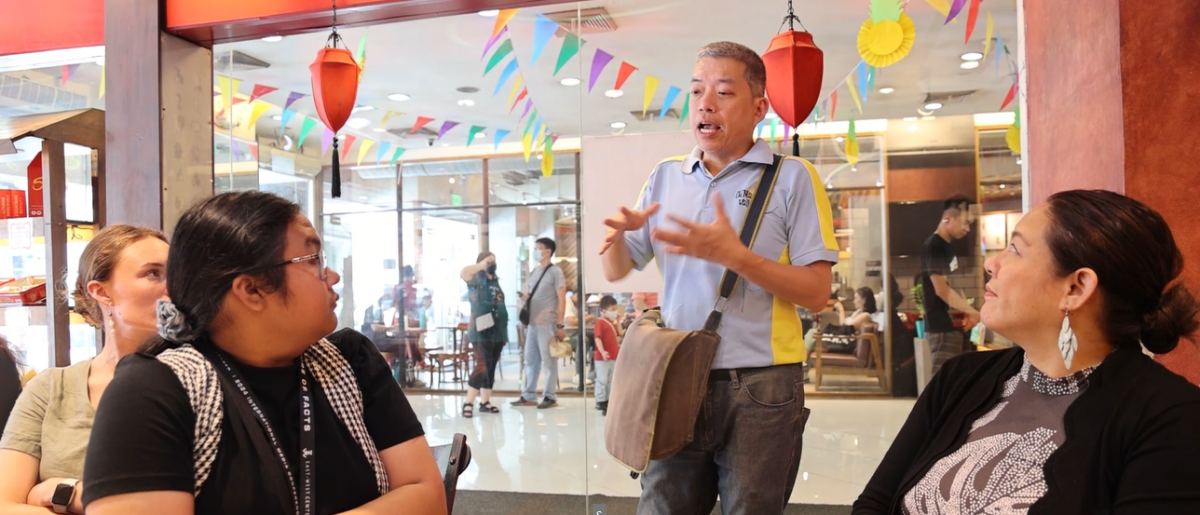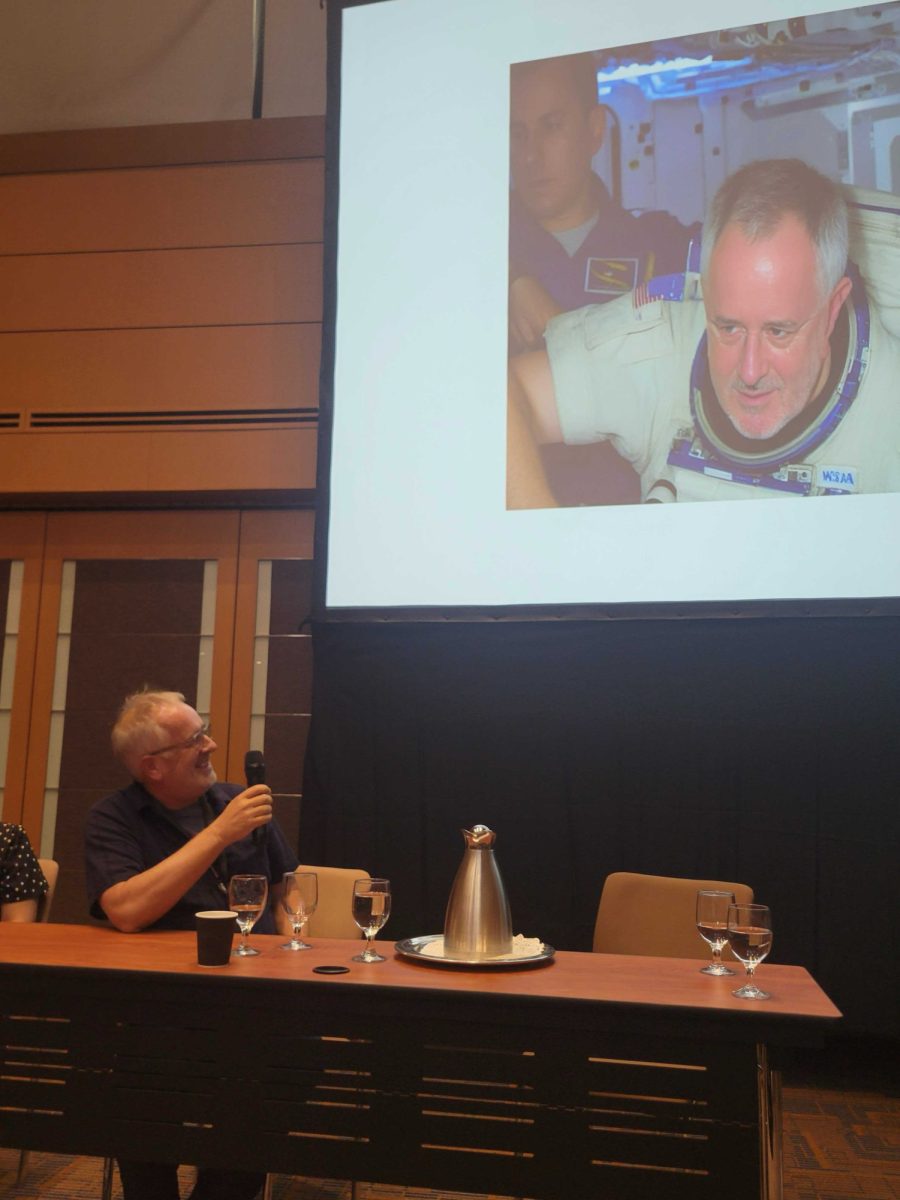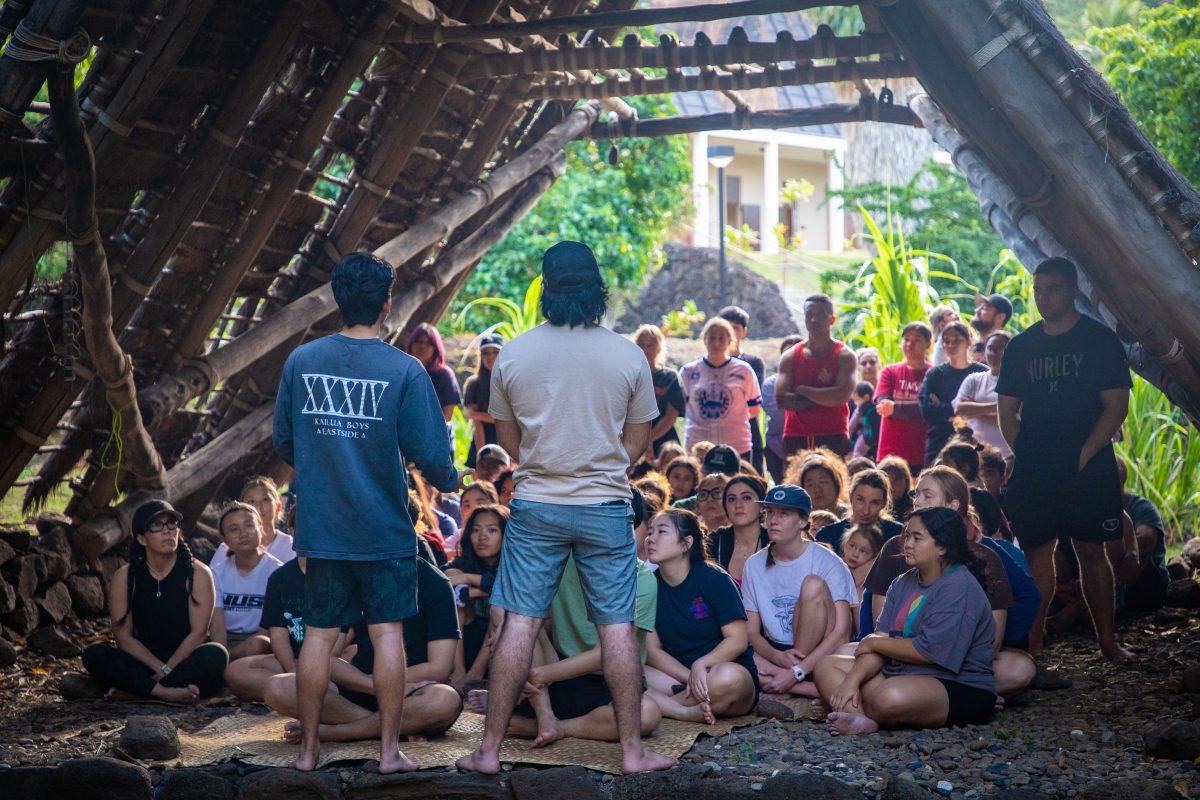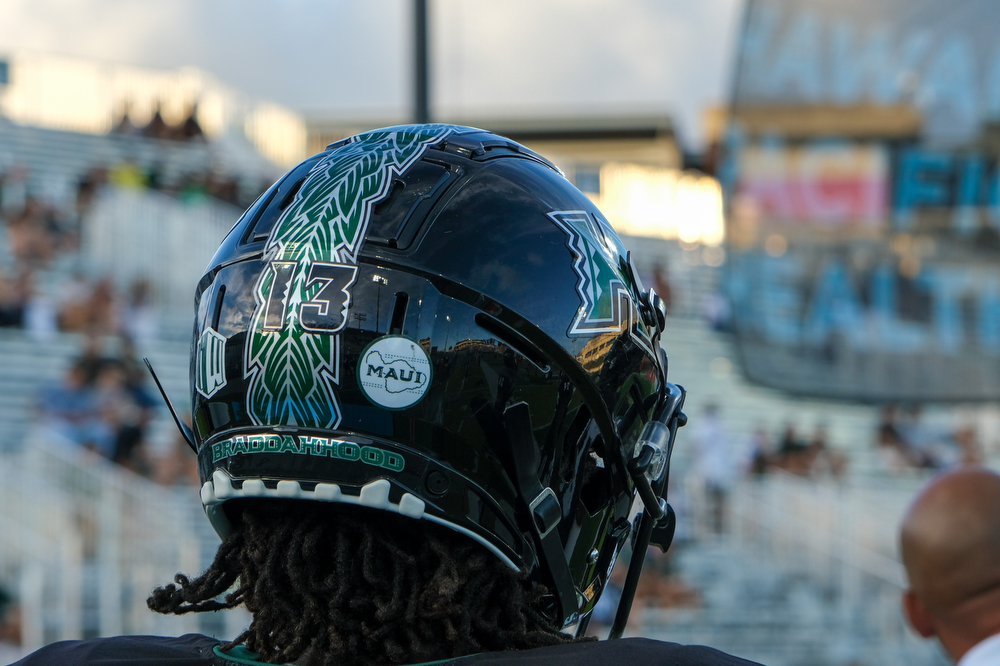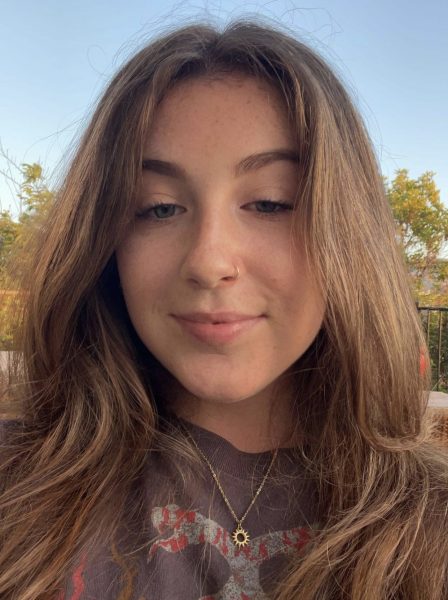Social media has shifted life as we know it. Now anyone can access a broad spectrum of opinions on pretty much any topic with a simple search. This heightened exposure to hate groups and internet trolls has perpetuated the spread of negative media. Since they share the same platform as people producing positive content such as art videos and travel posts, their toxicity is funneled daily onto the feeds of social media’s largest audience—Generation Z.
Social media is directly responsible for the spread of misinformation on numerous platforms about a variety of topics, in particular, what is known as “diet culture.” Diet culture is a set of social rules in which a society decides what physical appearance is the most attractive and what foods are considered healthy or unhealthy. Since social media platforms such as TikTok and Instagram enable users to share content such as photography and videography, diet culture has become indistinguishable from many users’ feeds and untraceable to the average younger user.
The spread of misinformation about what it means to be “healthy” among the younger demographic has resulted in increased mental illnesses and eating disorders globally. A study conducted by Columbia University professor, Drew Ramsey, reveals that “food choice is strongly implicated in mental health risk.” With growing number of videos teaching younger users “What foods are the best to lose 10 lbs?”, comes a feeling of guilt and fear of not conforming to diet culture’s agenda to make you skinny.
The platform that promotes diet culture’s agenda the most is TikTok. TikTok is designed with a specific algorithm to show users endless streams of content that best match their interests. So if a user likes or comments on a video about intermittent fasting, TikTok will show that user 10 more videos related to fasting, hence, making it the perfect platform to force diet culture onto unsuspecting young users.
An analysis of TikTok’s age demographics done by Josh Howarth proves that 47.4% of TikTok users are under 30 and 25% of those are from ages 10-19. With this platform being comprising younger users, they are more vulnerable and more likely to experience the consequences of diet culture, including glamorizing unrealistic body expectations, forced dieting, and a variety of different mental illnesses.
Social media tends to depict people living seemingly perfect lives and looking flawless while doing it. However, clinical psychologist Dr. Karin Gepp says that “Many people tend to post only their best photos, which may not be representative of their everyday appearance.” This causes many to idolize these social media figures known as influencers and strive to buy all the same products they use because they do not see themselves as good enough. This comparison comes from a lack of self-confidence in many users, particularly younger people who are still figuring out who they want to be in the world.
But what many social media users do not see is that some of their favorite influencers edit their physical appearance using apps such as Facetune and Photoshop. Clinical expert Alexandra Hamlet describes that many teens who follow influencers and celebrities who primarily use Photoshop or have professional make-up teams can develop a false reality of what beauty and health are. Dr. Hamlet explains that “ If that’s their model for what is normal, it can be very hard on their self-confidence.”
A perfect online persona is a brand that they, too, have to maintain to fit within diet culture’s agenda, and so their perfect lifestyles are not so ideal after all. This unrealistic media consumption leads many to set unrealistic beauty standards that can only be achieved through advanced editing softwares. It makes users believe that they too have to present this diet culture-curated online persona to be considered worthy.
Content that is curated to portray skinny as healthy causes many to develop body dysmorphia and eating disorders. Usually, it starts seemingly harmless with videos such as “What I eat in a day” or “ My favorite cheat meals”, but the issue lies in the content. For example, in many “What I eat in a day” videos the creator, who is usually a product of diet culture, highlights short clips of food throughout the day showing one full meal, followed by little snacks. These kind of videos teach the younger demographic that to be considered healthy and pretty, they too have to skip meals or eat very small amounts of food. Videos describing creators’ favorite “cheat meals”, will show food that an average person enjoys like pretzels, but the item is deemed unhealthy because social media algortithm makes you think that way.
Many of these creators are young adults themselves and are in no position to be giving out dietary advice. They are figureheads for the agenda of diet culture unknowingly recruiting more and more young people to feel guilty about their food choices and their bodies. Diet culture media tells young people that their bodies are not worthy of love because they do not match standards of influencers who receive millions of likes and praises for looking “attractive.”
The most common mental illness associated with diet culture is eating disorders. According to the National Eating Disorders Association (NEDA), “Weight-related stigma can contribute to body dissatisfaction, which can put someone at higher risk for developing an eating disorder.” Videos that show “lose weight fast” content are a perfect example of perpetuating eating disorders because they provide a seemingly easy way to lose large amounts of weight in a short period of time. This convenience is very attractive to younger social media users who are being told they are not good enough so they force themselves to follow strict regimens that include skipping meals, over-exercising, and consistently checking the numbers on a scale. If this behavior progresses the next step for many is life-threatening anorexia.
In addition, diet culture’s agenda has been proven to increase levels of depression in many teenagers and young adults. High school student Emilee Enser wrote in an article published on her school news site The Talon, describing her experience with social media and diet culture in which she reveals that “There seems to be an endless amount of eating disorder-related content” on her TikTok page. Enser then goes on to describe how this content has influenced many students’ mental health, particularly with increasing levels of depression and anxiety, further describing the impact that a diet culture has on our youth.
On the flip side, many social media users have realized the true detriments that diet culture places on them, inspiring them to become part of the body positivity movement. Organizations such as The Body Positive, visit classrooms across the country, teaching the youth to love themselves just as they are and squash misinformation surrounding what it means to be healthy. Additionally, social media sites such as TikTok and Instagram are moderating user content more heavily with an increase in guidelines for what users can post and what demographics are viewing certain content.
Despite these efforts, diet culture has sunk its teeth into our youth and arguably the damage has already been done. Influencers can, however, continue to navigate the consequences of diet culture by becoming more transparent with their content. Some influencers have taken note of this and acknowledged that they portray fake versions of themselves on the internet, but not nearly enough to make a difference. Transparency and education on health are key to unsubscribing our youth from the agenda of diet culture.



